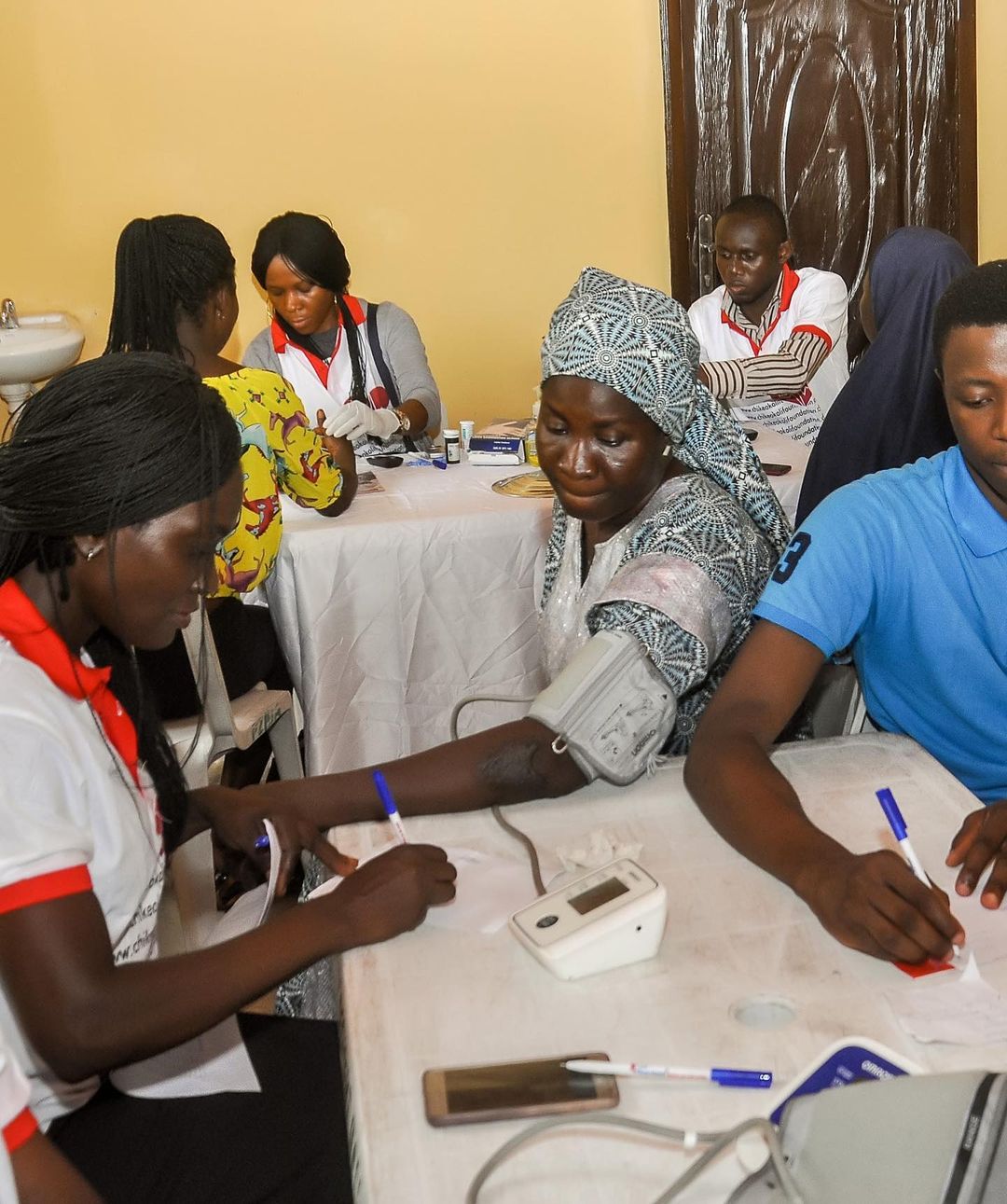Sight Aid for Africa’s initiative in Advocacy for Eye Health Policies is a crucial aspect of their mission, aiming to create systemic changes that enhance access to eye care services, particularly in underserved regions. This advocacy work involves engaging with policymakers, healthcare systems, and the community to promote the development and implementation of better healthcare policies and infrastructure that support eye health.
Key aspects of this advocacy initiative include:
1. Policy Development and Reform: Working with government bodies, health agencies, and other stakeholders to develop or reform policies that prioritize eye health. This can involve advocating for the inclusion of eye care in national health plans, pushing for funding allocations, or influencing policies that remove barriers to accessing eye care services.
2. Raising Awareness Among Policymakers: Educating and informing policymakers about the importance of eye health and the challenges faced in providing eye care, especially in rural or impoverished areas. This is achieved through data-driven presentations, reports, and advocacy campaigns.
3. Building Partnerships: Collaborating with other NGOs, healthcare organizations, and advocacy groups to form a unified voice that can more effectively influence policy decisions. These partnerships can amplify the message and reach a broader audience.
4. Community Engagement and Mobilization: Involving the community in advocacy efforts is critical. By mobilizing communities to understand their rights to health care and the importance of eye health, they can become active participants in demanding change and improvements in healthcare services.
5. Research and Data Collection: Gathering and presenting data on the state of eye health, the prevalence of eye conditions, and the impact of vision loss can be compelling in advocacy work. This data underscores the need for policy changes and resource allocation.
6. Promoting Infrastructure Development: Advocating for the development of necessary infrastructure, such as eye clinics and hospitals equipped with adequate tools and staff in underserved areas. This also involves pushing for better training facilities for eye care professionals.
7. Access to Medications and Technologies: Lobbying for policies that ensure the availability and affordability of essential eye care medications and technologies. This can include efforts to reduce tariffs on medical equipment or to include key eye medications in national drug lists.
8. Influencing Public Health Priorities: Working to ensure that eye health is recognized as a key component of public health. This involves integrating eye care into broader health initiatives and ensuring it’s a part of discussions on public health and wellness.
9. Monitoring and Evaluation: Tracking the implementation and impact of policies to ensure they are effectively addressing the needs of the population. This monitoring helps in refining advocacy strategies and providing feedback to policymakers.
Through these advocacy efforts, Sight Aid for Africa aims to create a health care environment where quality eye care services are accessible and affordable to all, particularly in regions where such services are currently limited or non-existent. By influencing policy and infrastructure, the organization strives to make a lasting impact that transcends immediate medical interventions, paving the way for a future where preventable blindness and vision impairment are significantly reduced.

